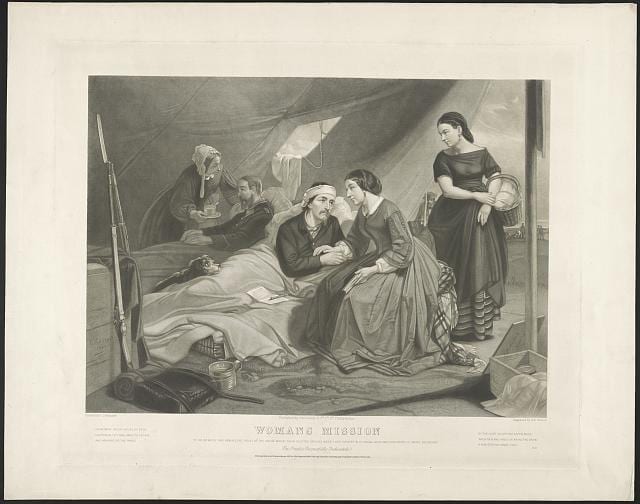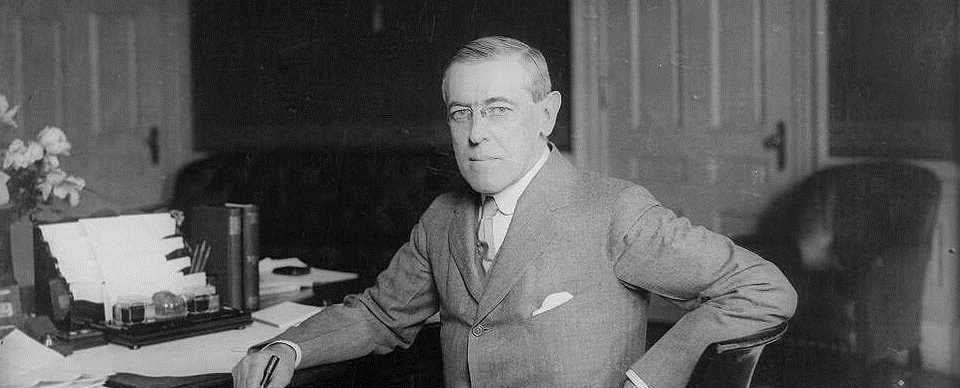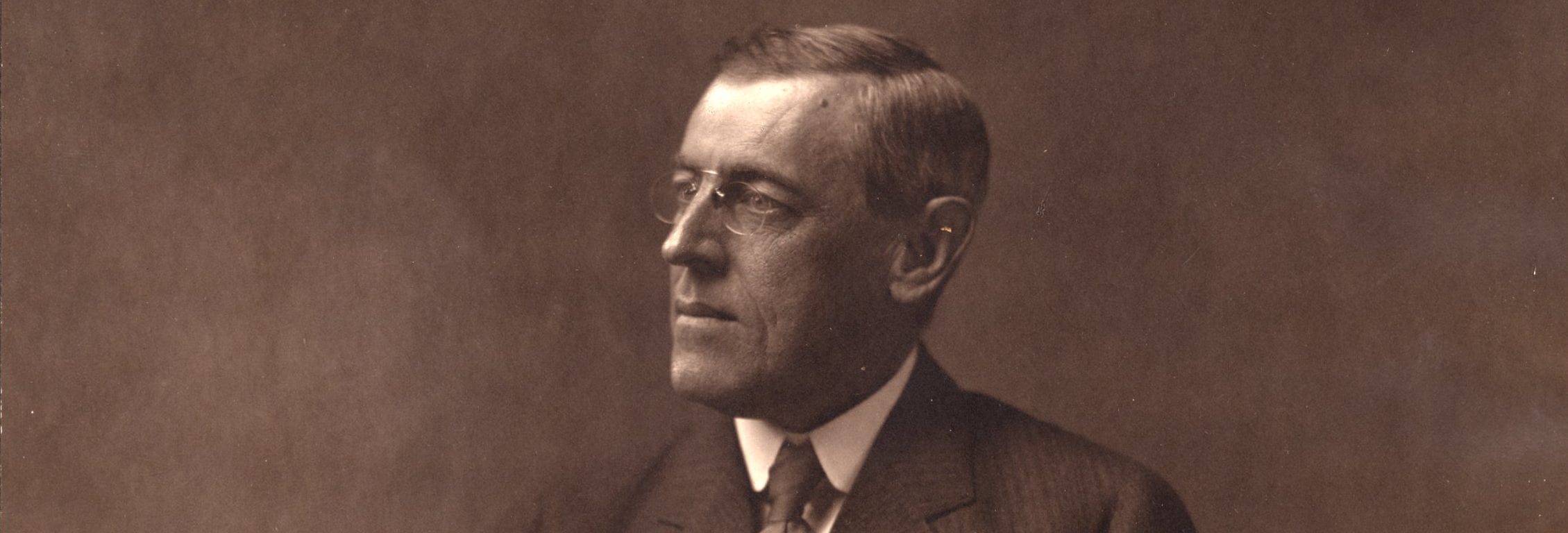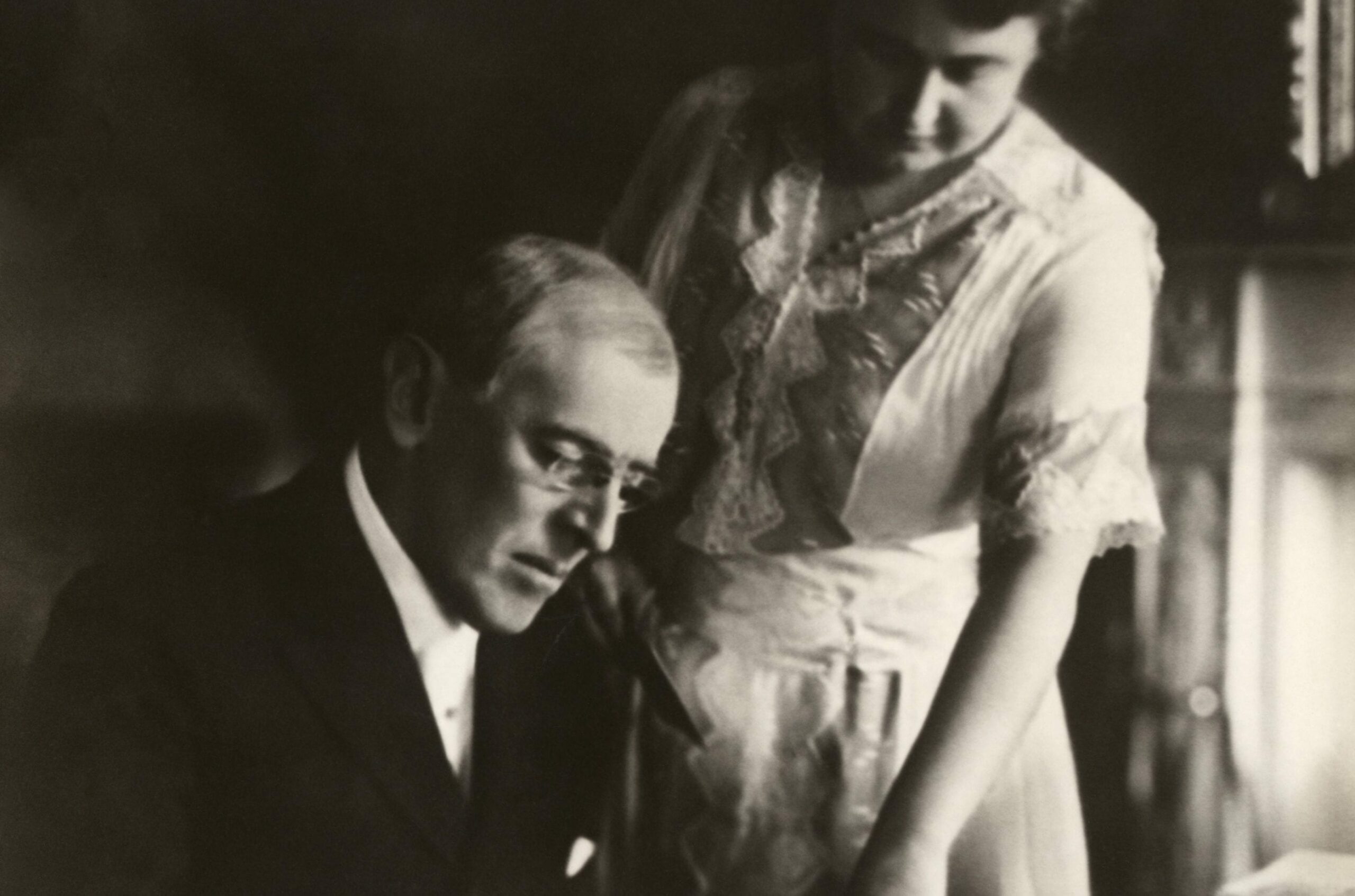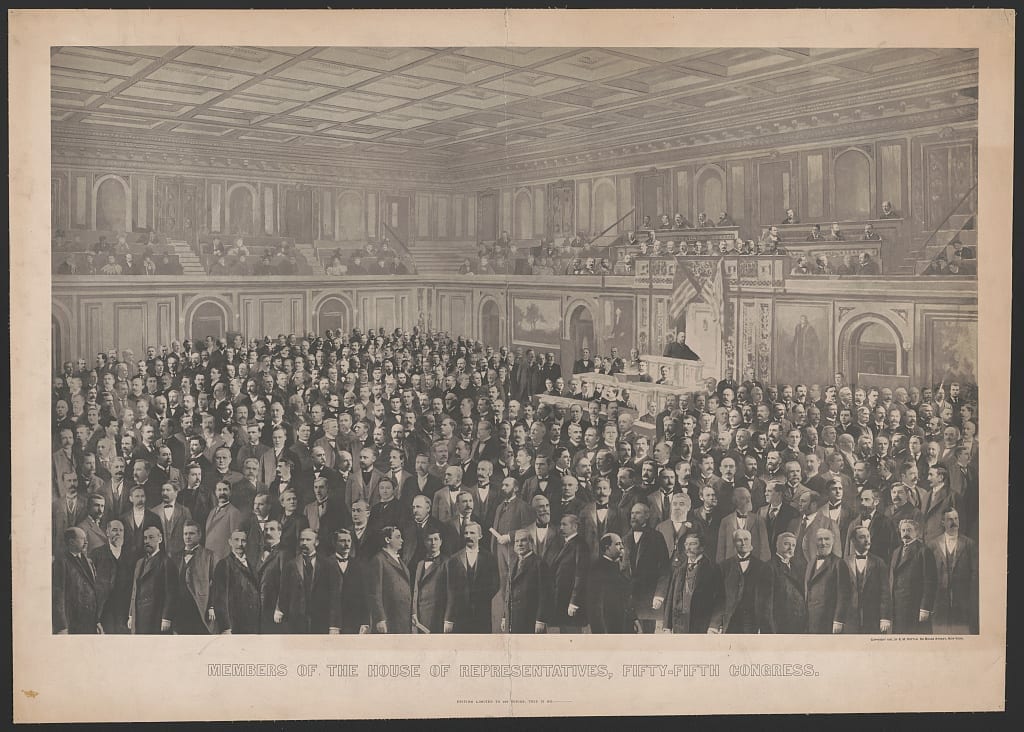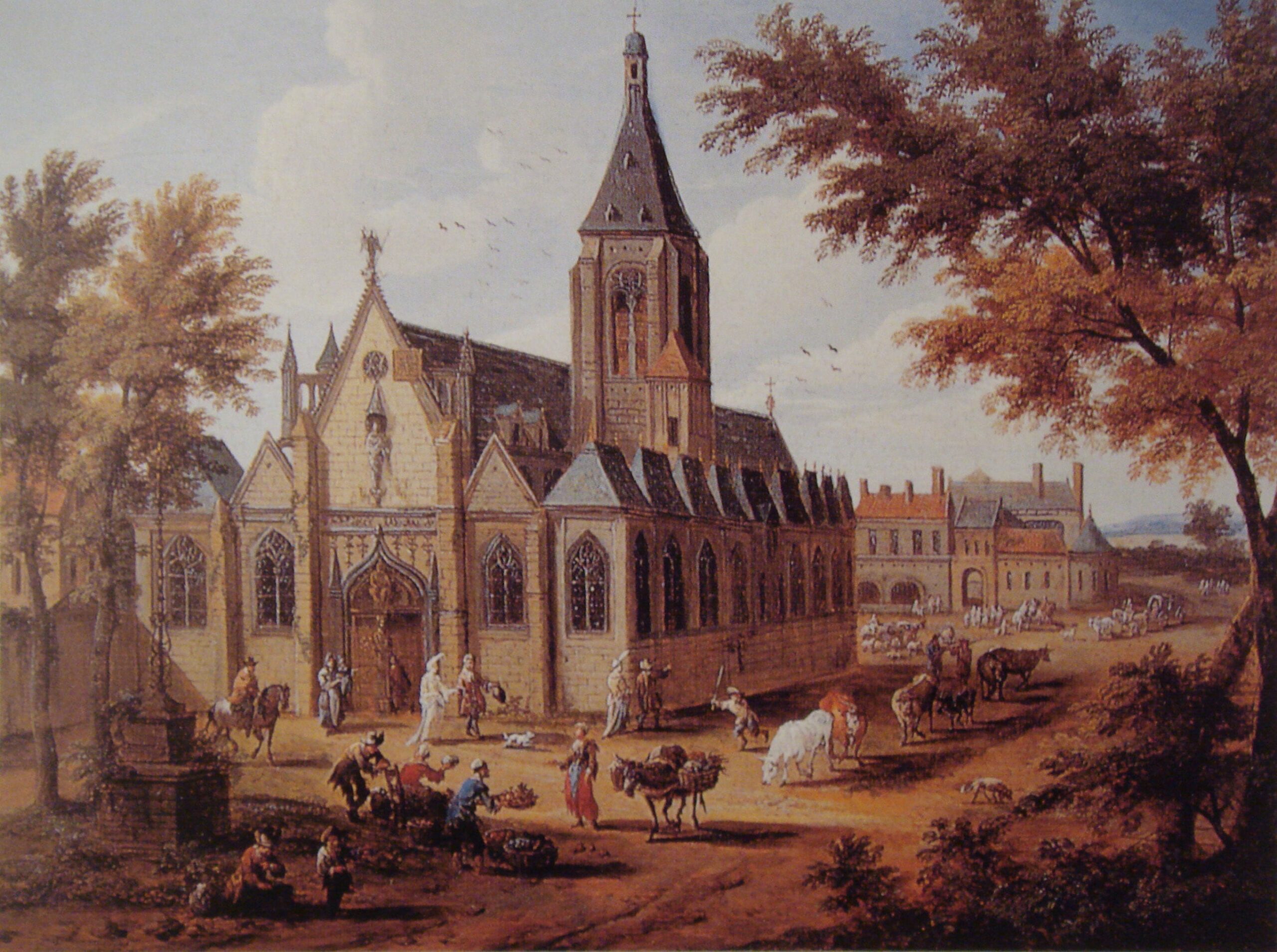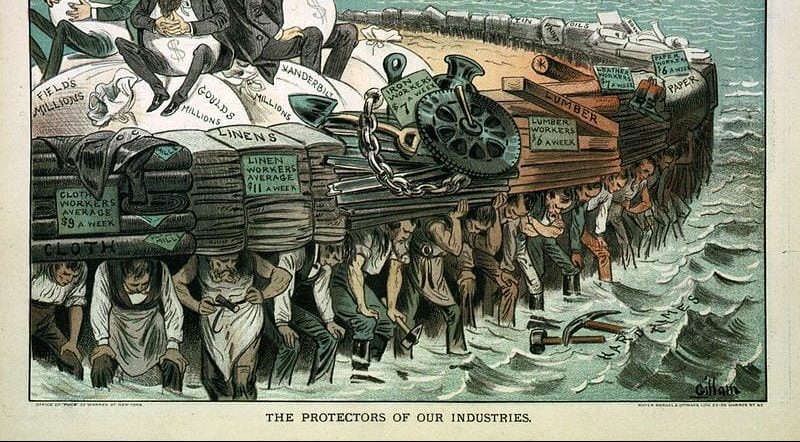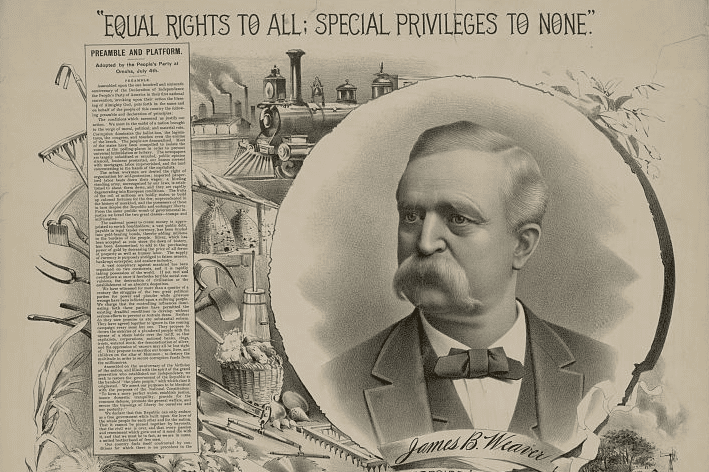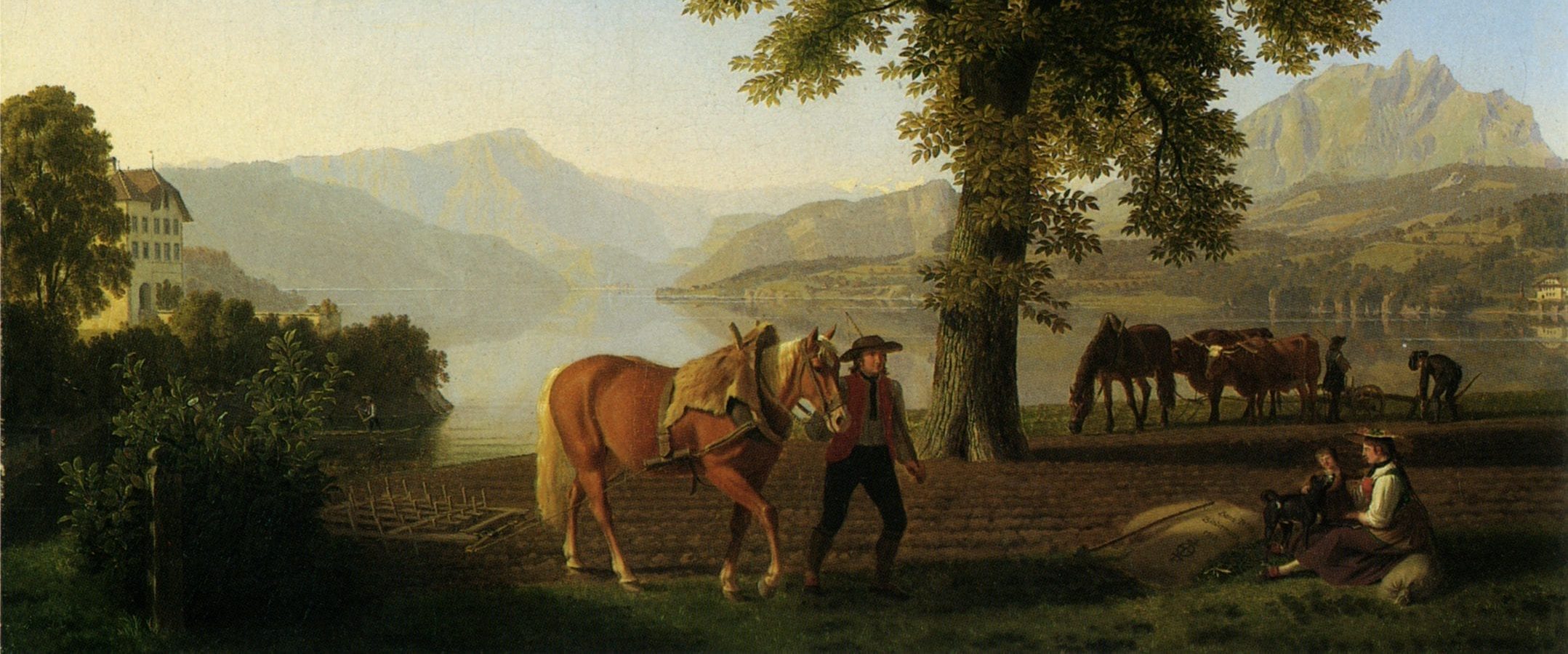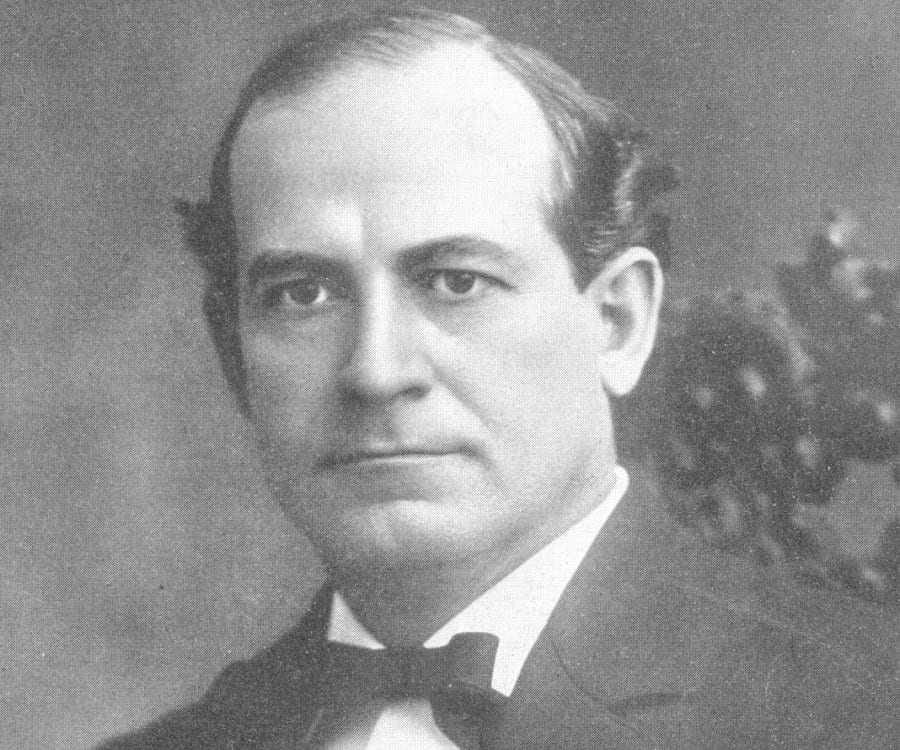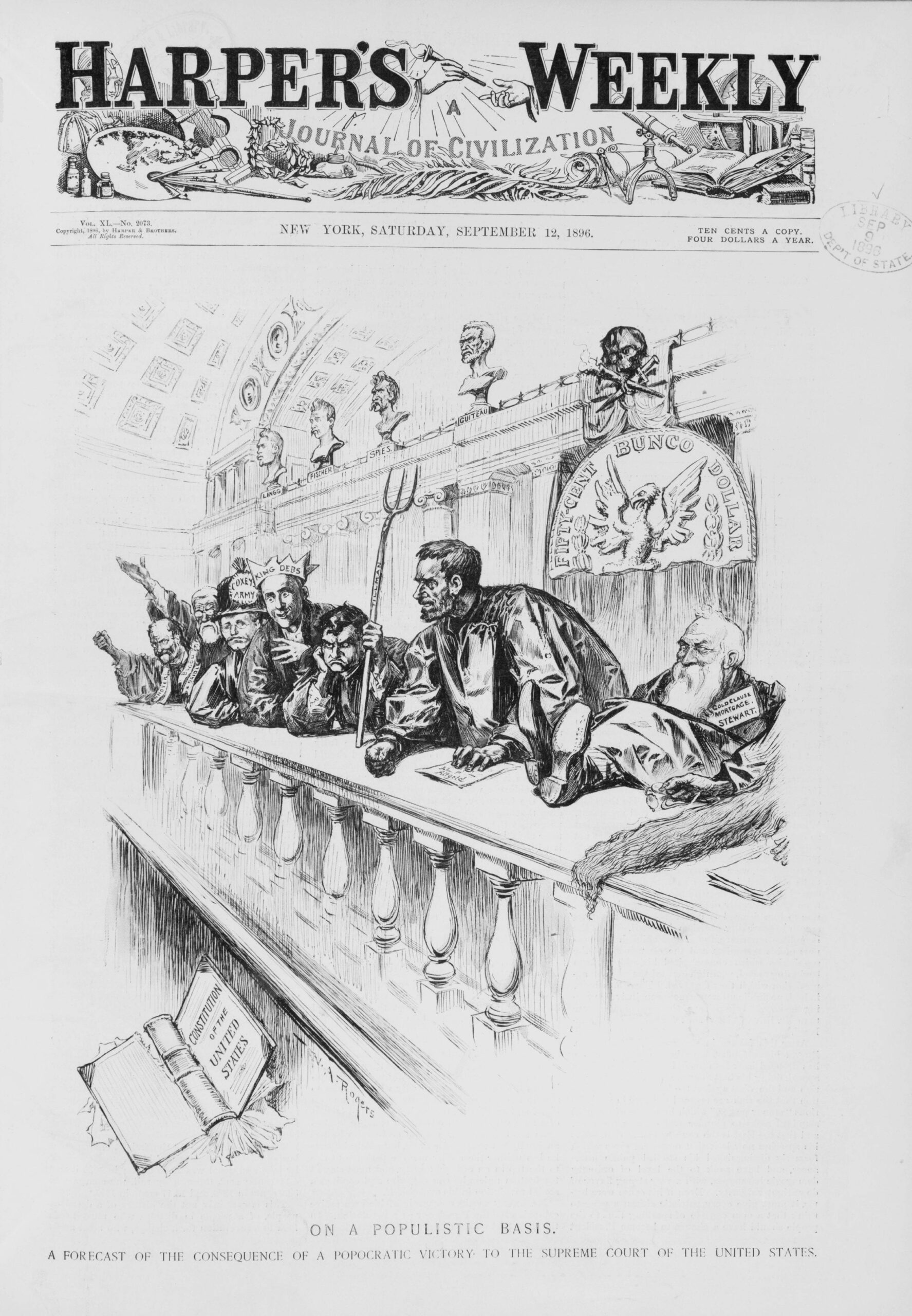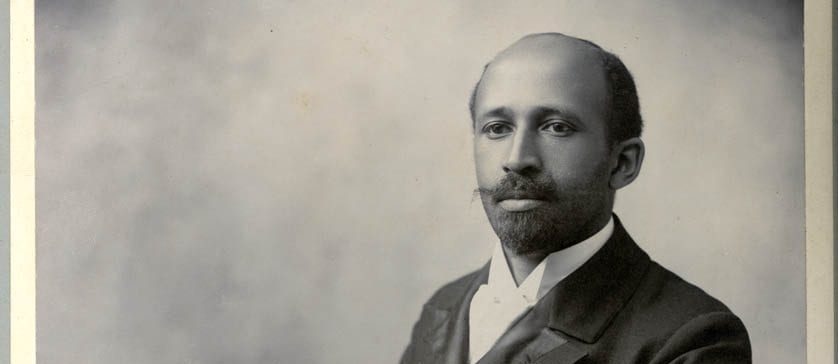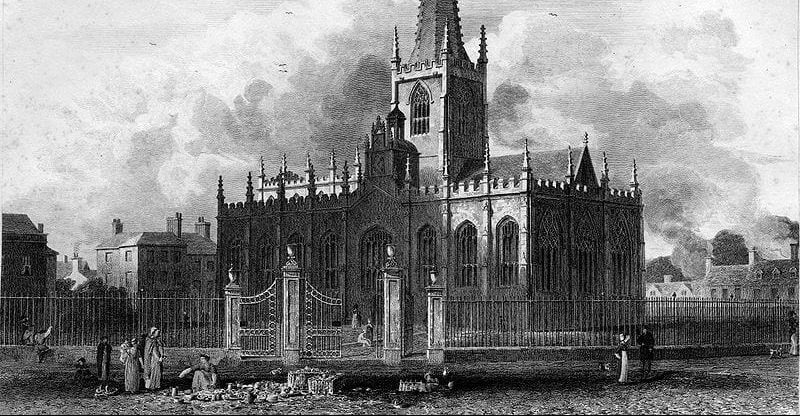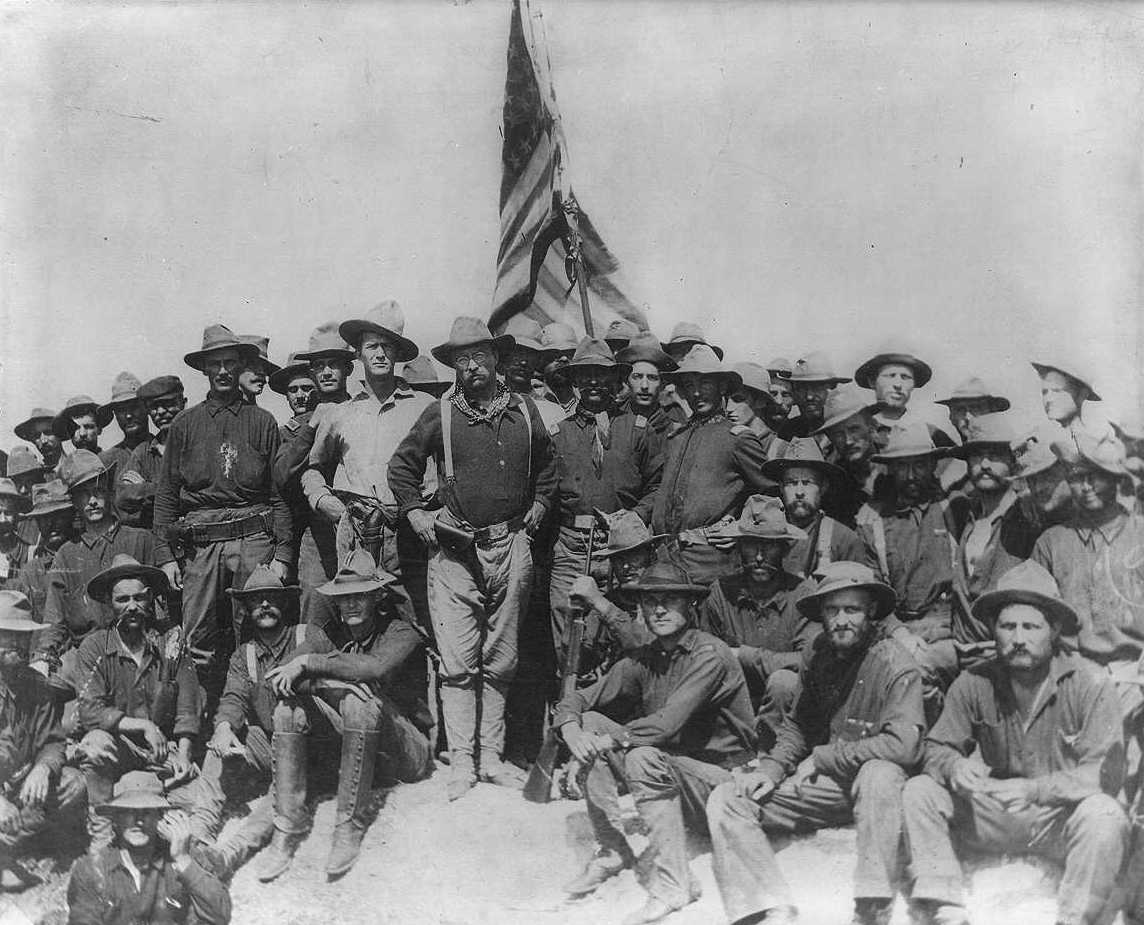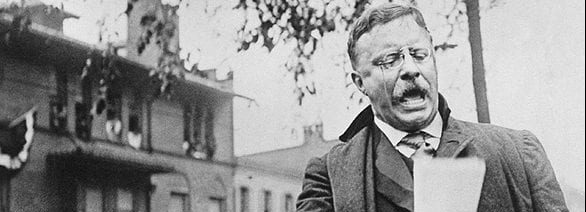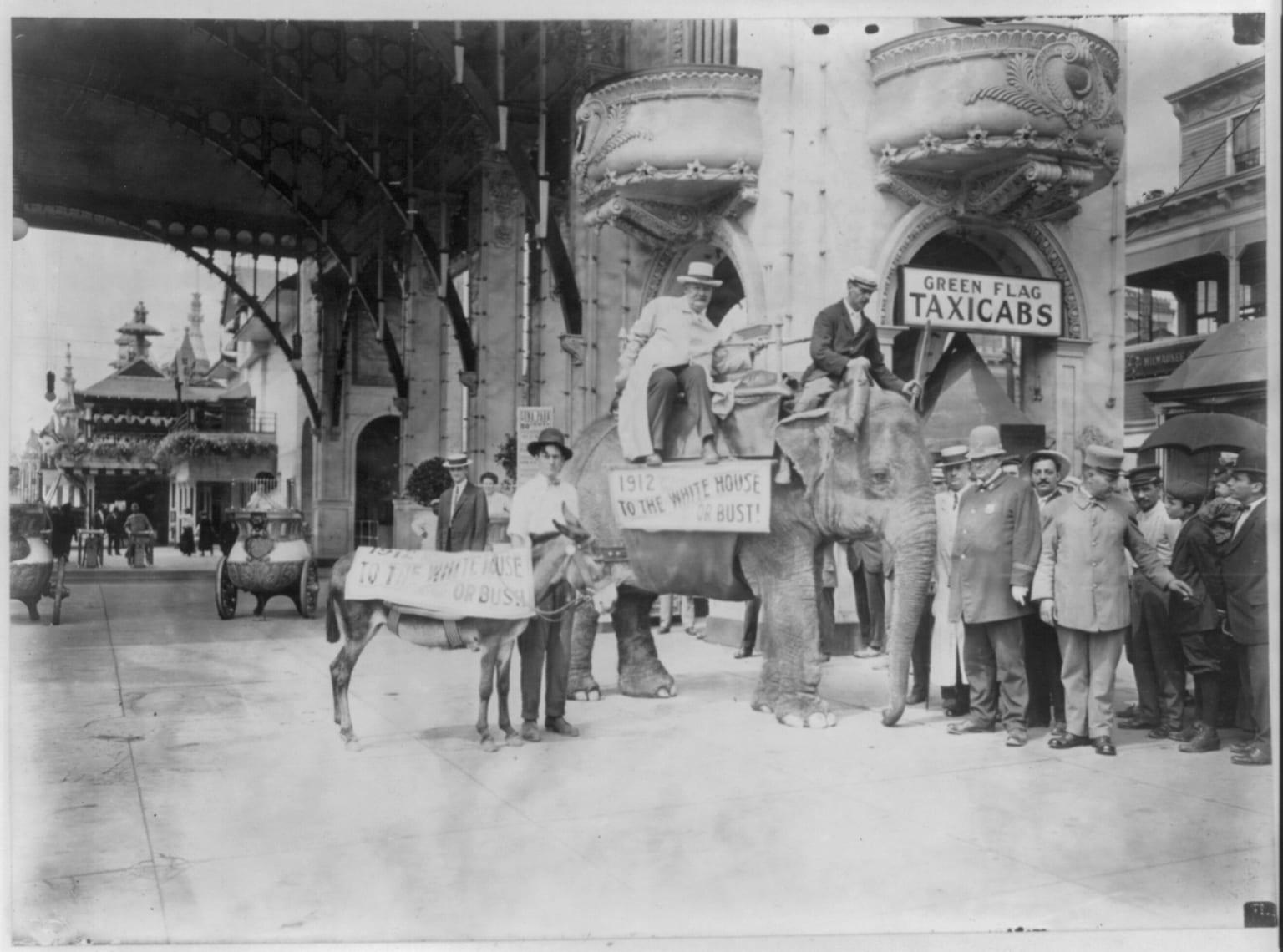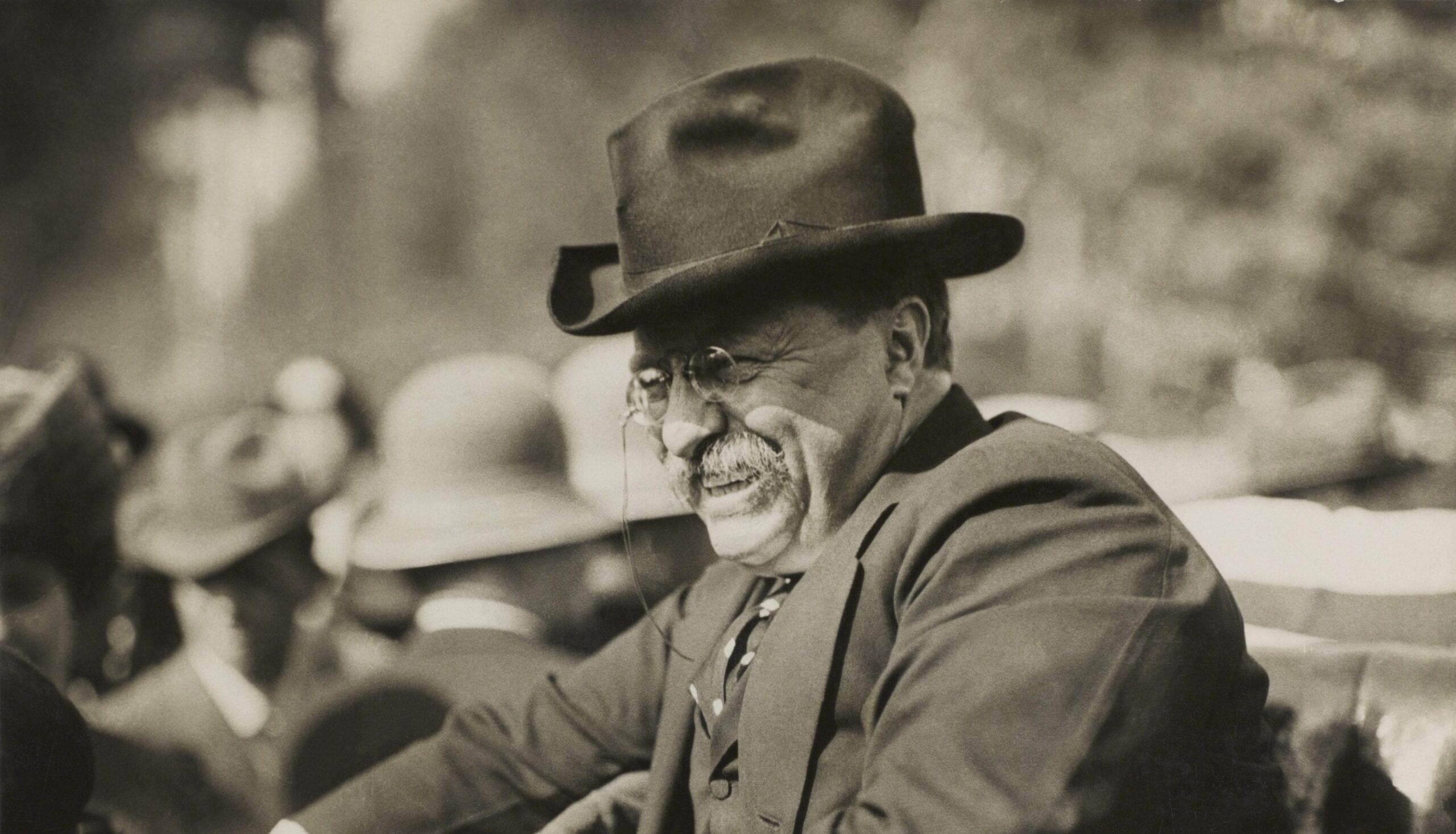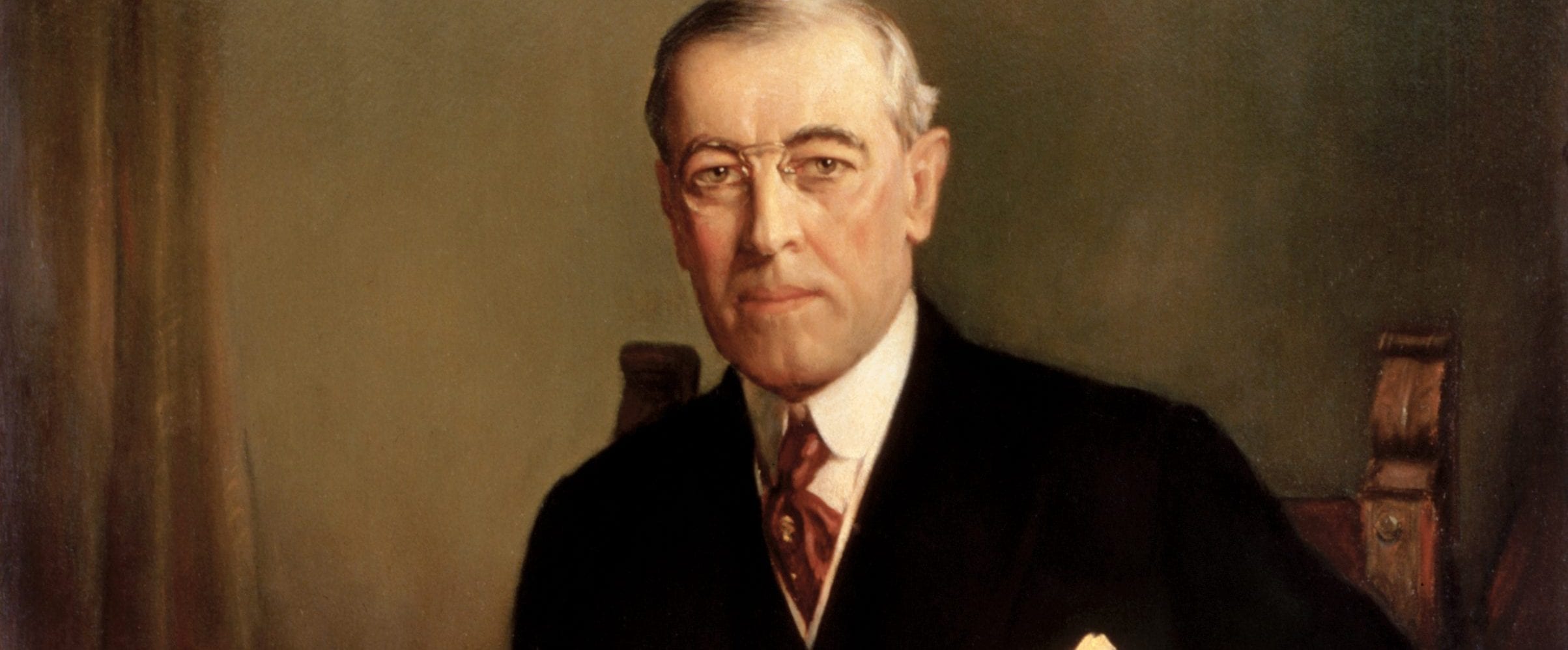


Introduction
The organizers of the Cotton States and International Exposition, 1895, or the Atlanta Exposition as it is more commonly known, intended it to promote the South by showcasing its products and industries. The Exposition was open from September 18 to December 31.
On the first day of the Exposition, Booker T. Washington (1856–1915) gave a speech on relations between southern whites and blacks. The speech was given as segregation was taking hold across the South and lynching was at a peak (see “Lynch Law in America”, Speech in the Senate, and Along This Way). For example, during the duration of the Exposition, delegates were meeting in South Carolina to draft a new state constitution that effectively disenfranchised African Americans (See Speech in the Senate). In his Atlanta speech, Washington proposed what came to be called the Atlanta compromise. African Americans in the South would cooperate with whites in developing the southern economy, providing the labor on which this progress depended. They would not demand full political participation or social equality. White southerners would guarantee “the privileges of the law” to blacks and, along with philanthropists outside the South, provide education for blacks. Washington believed that this approach provided the best hope for African Americans in the South.
In some sense, Washington was an example of what he hoped other African Americans would aspire to. Born a slave, he worked his way through school and became an educator, writer, and founder of the Tuskegee Institute (1881). For a time, he was the most influential African American in America, once having dinner with President Theodore Roosevelt in the White House (Speech in the Senate). Despite the accommodationist views expressed in this address, Washington also secretly funded and supported litigation to overturn various state laws and practices that discriminated against African Americans, including those that disenfranchised them.
Source: Booker T. Washington, Cotton States Exposition, Daniel Murray Pamphlet Collection, and Susan B. Anthony Collection. Address of Booker T. Washington, principal of the Tuskegee Normal and Industrial Institute, Tuskegee, Alabama, delivered at the opening of the Cotton States and International Exposition, at Atlanta, Ga., with a letter of congratulation from the President of the United States. [Atlanta, Ga.: s.n, 1895] Pdf., available at https://www.loc.gov/item/90898322/.
Mr. President and Gentlemen of the Board of Directors and Citizens:
One-third of the population of the South is of the Negro race. No enterprise seeking the material, civil, or moral welfare of this section can disregard this element of our population and reach the highest success. I but convey to you, Mr. President and Directors, the sentiment of the masses of my race when I say that in no way have the value and manhood of the American Negro been more fittingly and generously recognized than by the managers of this magnificent Exposition at every stage of its progress. It is a recognition that will do more to cement the friendship of the two races than any occurrence since the dawn of our freedom.
Not only this, but the opportunity here afforded will awaken among us a new era of industrial progress. Ignorant and inexperienced, it is not strange that in the first years of our new life we began at the top instead of at the bottom; that a seat in Congress or the state legislature was more sought than real estate or industrial skill; that the political convention or stump speaking had more attractions than starting a dairy farm or truck garden.
A ship lost at sea for many days suddenly sighted a friendly vessel. From the mast of the unfortunate vessel was seen a signal, “Water, water; we die of thirst!” The answer from the friendly vessel at once came back, “Cast down your bucket where you are.” A second time the signal, “Water, water; send us water!” ran up from the distressed vessel, and was answered, “Cast down your bucket where you are.” And a third and fourth signal for water was answered, “Cast down your bucket where you are.” The captain of the distressed vessel, at last heeding the injunction, cast down his bucket, and it came up full of fresh, sparkling water from the mouth of the Amazon River. To those of my race who depend on bettering their condition in a foreign land or who underestimate the importance of cultivating friendly relations with the Southern white man, who is their next-door neighbor, I would say: “Cast down your bucket where you are”—cast it down in making friends in every manly way of the people of all races by whom we are surrounded.
Cast it down in agriculture, mechanics, in commerce, in domestic service, and in the professions. And in this connection it is well to bear in mind that whatever other sins the South may be called to bear, when it comes to business, pure and simple, it is in the South that the Negro is given a man’s chance in the commercial world, and in nothing is this Exposition more eloquent than in emphasizing this chance. Our greatest danger is that in the great leap from slavery to freedom we may overlook the fact that the masses of us are to live by the productions of our hands, and fail to keep in mind that we shall prosper in proportion as we learn to dignify and glorify common labor, and put brains and skill into the common occupations of life; shall prosper in proportion as we learn to draw the line between the superficial and the substantial, the ornamental gewgaws of life and the useful. No race can prosper till it learns that there is as much dignity in tilling a field as in writing a poem. It is at the bottom of life we must begin, and not at the top. Nor should we permit our grievances to overshadow our opportunities.
To those of the white race who look to the incoming of those of foreign birth and strange tongue and habits for the prosperity of the South, were I permitted I would repeat what I say to my own race, “Cast down your bucket where you are.” Cast it down among the eight millions of Negroes whose habits you know, whose fidelity and love you have tested in days when to have proved treacherous meant the ruin of your firesides. Cast down your bucket among these people who have, without strikes and labor wars, tilled your fields, cleared your forests, builded your railroads and cities, and brought forth treasures from the bowels of the earth, and helped make possible this magnificent representation of the progress of the South. Casting down your bucket among my people, helping and encouraging them as you are doing on these grounds, and to education of head, hand, and heart, you will find that they will buy your surplus land, make blossom the waste places in your fields, and run your factories. While doing this, you can be sure in the future, as in the past, that you and your families will be surrounded by the most patient, faithful, law-abiding, and unresentful people that the world has seen. As we have proved our loyalty to you in the past, in nursing your children, watching by the sick-bed of your mothers and fathers, and often following them with tear-dimmed eyes to their graves, so in the future, in our humble way, we shall stand by you with a devotion that no foreigner can approach, ready to lay down our lives, if need be, in defense of yours, interlacing our industrial, commercial, civil, and religious life with yours in a way that shall make the interests of both races one. In all things that are purely social, we can be as separate as the fingers, yet one as the hand in all things essential to mutual progress.
There is no defense or security for any of us except in the highest intelligence and development of all. If anywhere there are efforts tending to curtail the fullest growth of the Negro, let these efforts be turned into stimulating, encouraging, and making him the most useful and intelligent citizen. Effort or means so invested will pay a thousand percent interest. These efforts will be twice blessed—blessing him that gives and him that takes.
There is no escape through law of man or God from the inevitable:
The laws of changeless justice bind
Oppressor with oppressed;
And close as sin and suffering joined
We march to fate abreast.[1]
Nearly sixteen millions of hands will aid you in pulling the load upward, or they will pull against you the load downward. We shall constitute one-third and more of the ignorance and crime of the South, or one-third its intelligence and progress; we shall contribute one-third to the business and industrial prosperity of the South, or we shall prove a veritable body of death,[2] stagnating, depressing, retarding every effort to advance the body politic.
Gentlemen of the Exposition, as we present to you our humble effort at an exhibition of our progress, you must not expect overmuch. Starting thirty years ago with ownership here and there in a few quilts and pumpkins and chickens (gathered from miscellaneous sources), remember the path that has led from these to the inventions and production of agricultural implements, buggies, steam-engines, newspapers, books, statuary, carving, paintings, the management of drug stores and banks, has not been trodden without contact with thorns and thistles. While we take pride in what we exhibit as a result of our independent efforts, we do not for a moment forget that our part in this exhibition would fall far short of your expectations but for the constant help that has come to our educational life, not only from the southern states, but especially from northern philanthropists, who have made their gifts a constant stream of blessing and encouragement.
The wisest among my race understand that the agitation of questions of social equality is the extremist folly, and that progress in the enjoyment of all the privileges that will come to us must be the result of severe and constant struggle rather than of artificial forcing. No race that has anything to contribute to the markets of the world is long in any degree ostracized. It is important and right that all privileges of the law be ours, but it is vastly more important that we be prepared for the exercise of these privileges. The opportunity to earn a dollar in a factory just now is worth infinitely more than the opportunity to spend a dollar in an opera-house.
In conclusion, may I repeat that nothing in thirty years has given us more hope and encouragement, and drawn us so near to you of the white race, as this opportunity offered by the Exposition; and here bending, as it were, over the altar that represents the results of the struggles of your race and mine, both starting practically empty-handed three decades ago, I pledge that in your effort to work out the great and intricate problem which God has laid at the doors of the South, you shall have at all times the patient, sympathetic help of my race; only let this be constantly in mind, that, while from representations in these buildings of the product of field, of forest, of mine, of factory, letters, and art, much good will come, yet far above and beyond material benefits will be that higher good, that, let us pray God, will come, in a blotting out of sectional differences and racial animosities and suspicions, in a determination to administer absolute justice, in a willing obedience among all classes to the mandates of law. This, this coupled with our material prosperity, will bring into our beloved South a new heaven and a new earth.[3]
Atlanta Exposition Address
September 18, 1895
Conversation-based seminars for collegial PD, one-day and multi-day seminars, graduate credit seminars (MA degree), online and in-person.



